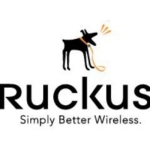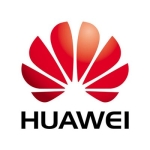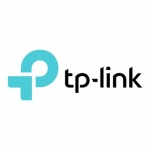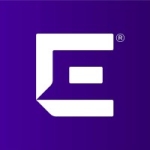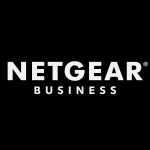What is our primary use case?
The product is used mainly for wireless switching security. I like to call it network security, however, they also have products on that end, such as FC LAN. I don't focus too much on the wireless stuff. I focus on the services and products.
What is most valuable?
The network security the solution provides is its most valuable aspect.
Overall, it's a very solid product. I really like it.
The initial setup is pretty straightforward.
The solution scales very well.
We've found the product to be quite stable.
What needs improvement?
On the performance side, there are always updates to different versions. It's more just getting it out to the client-side that's often the issue.
The licensing could be a bit better.
They should market Meraki as a mid-level solution for SMBs. There are a lot of SMBs out there, and they could use this technology.
For how long have I used the solution?
I've used the solution for a while, however, it's hard to give a timeframe. I use it as clients use it. They can go on and off of it, or I can be on different accounts.
What do I think about the stability of the solution?
The stability has been very good. It's very solid. There are no bugs or glitches. It doesn't crash or freeze. It's reliable.
What do I think about the scalability of the solution?
The solution can scale very well. There are not problems expanding it if you need to as an organization. It's easy enough to do. Even on an enterprise-level, you can scale.
How are customer service and technical support?
Technical support is more channeled to the partner side of things. However, Cisco is a great product and has a great team.
Which solution did I use previously and why did I switch?
I can name a lot of companies that do network security, however, we pull up Cisco Meraki and we read off everything they do.
How was the initial setup?
The initial setup isn't overly complex. It's pretty straightforward. A company shouldn't have trouble implementing it.
What's my experience with pricing, setup cost, and licensing?
I don't deal with pricing directly, however, it's my understanding that it is around $40 per unit. I'm not well versed in MDM pricing, to be honest. It's not something I work with.
I'm more on the managed services, professional services, which includes getting everything set up and dealing with all the problems around it, versus the actual licensing part.
What other advice do I have?
We're partners with Cisco. Meraki is probably one of the number one solutions. On my team that's all we've talked about or sold. Cisco is 100%, one of our top partners.
Just in terms of network security, there's a lot of digital transformation happening. There will be a lot of moving to the cloud for many customers and you'd be surprised how many enterprises still just aren't prepared for the changes that are coming their way.
I'd rate the solution at an eight out of ten. It's a legitimate switch and a legitimate solution. It does what it says and it gets the job done.
Disclosure: My company has a business relationship with this vendor other than being a customer. Partner





